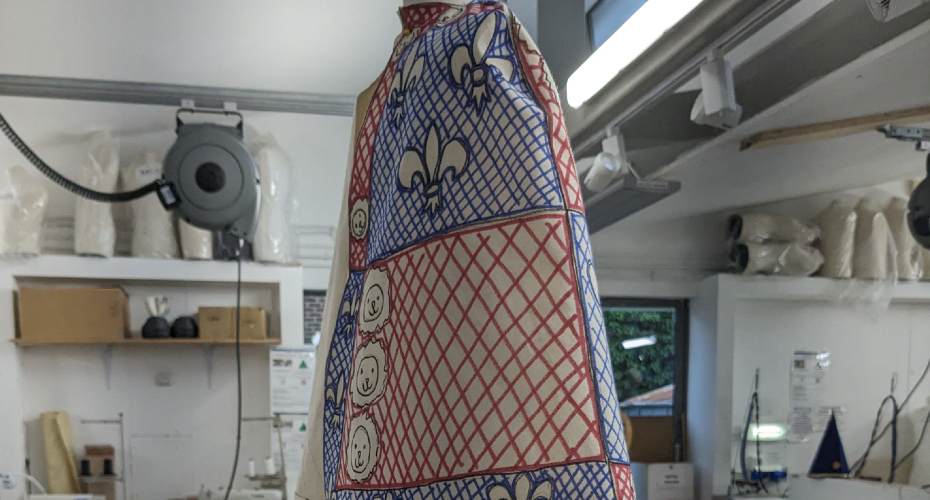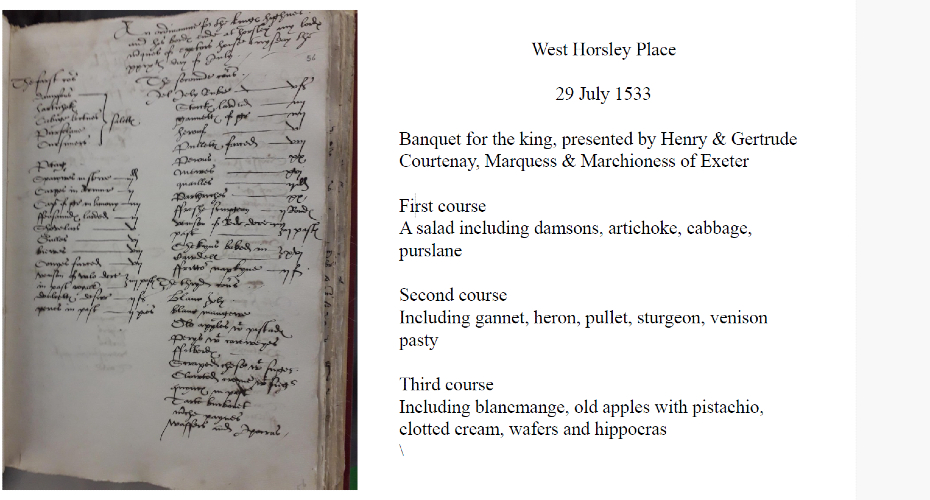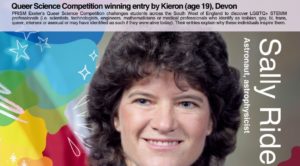Translating research into live experience: how Exeter’s history expertise is helping to bring famous Tudor pageant to life

University research into the relationship between Henry VIII and his longest-lasting royal favourite Henry Courtenay – heir to the ancient earldom of Devon – is helping to shape a multi-venue Tudor living history festival opening this week.
Historic Royal Palaces’ Henry VIII on Tour is an Arts and Humanities Research Council-funded project exploring the political and cultural significance of Henry VIII’s royal progresses, including his most famous pageant, the Field of Cloth and Gold.
As part of this project, a series of re-enactments will take place in Devon and Surrey reflecting the relationship between the King and Henry and Gertrude Courtenay, the Marquess and Marchioness of Exeter.
Research by the University of Exeter, working with the project team at Historic Royal Palaces and funded by the AHRC Impact Accelerator Account awarded to Exeter in 2022, has helped to uncover some of the ‘material culture’ surrounding the original events, and ensure their re-enactments are as historically accurate as possible. This has included the food that was eaten at banquets, the music played, and some of the dress and finery worn by the leading players.
“The story of Henry VIII and the Marquess of Exeter is one that was played out between Surrey (West Horsley) and Devon, the homeland of the Marquess and his family,” says James Clark, Professor of History at the University of Exeter, and Director of its Societies and Cultures Institute. “It’s fitting therefore that these re-enactment events should take place between the two locations. And rather than presenting our research in the conventional way through talks or exhibitions, our plan has been to stage ‘live’ experiences of a royal visit, a ‘progress’, a banquet and all the trappings that went along with it.”

Through the project, Professor Clark has been studying archival documents to learn more about Henry VIII’s relationship with the Courtenays, whom he presented with a great mansion in the Surrey countryside, West Horsley Place, so that they could stay close by to the King’s palaces at Greenwich, Westminster, Richmond, and Hampton Court.
In private hands for centuries, West Horsley Place is now being restored by a newly-created charity. It will be familiar to some as the filming location for BBC TV’s Ghosts. But its place in Tudor history and its connection to the West Country Courtenays is only just coming to light.
Henry Courtenay would be the King’s champion at the Field of the Cloth of Gold in 1520 and remained his close companion through his divorce from Katharine of Aragon and his marriage to Anne Boleyn. Marchioness Gertrude Courtenay was named as godmother to Anne Boleyn’s baby daughter, the future Elizabeth I.
“Our research looked at the ceremonial dress of the Marquess of Exeter, and from that, we were able to advise the Royal School of Needlework on the recreation of his Garter Knight cloak which he would have worn in procession behind the King,” says Professor Clark. “We also found the original draft menu for the banquet at West Horsley Place, and that has enabled us to work with historic cuisine specialists to recreate some of the dishes, such as red deer pasties.”

Professor Clark says they were also able to identify likely music that would have been played at the procession of the King and as an accompaniment to the banquet and have subsequently worked with the Director of Music at Exeter Cathedral and with a Lutenist at West Horsley Place to write new versions. They’ve also consulted with craft specialists to recreate some of the hunting equipment they used to pursue red deer in the park.
This rich historical insight has now shaped the public programme, which opens this week with three days of activities at Exeter Cathedral and the Guildhall from Thursday 13 June, including an actual ticketed banquet. The tour moves to Powderham Castle, home to the contemporary Courtenay family, on 17 June for four days of education workshops, and then in July, there are two days of activities at West Horsley Place.
“By creating a living scene that can be directly witnessed – seen, heard, tasted even – we hope that audiences will discover this history through an experience that is fresh and memorable,” adds Professor Clark.



